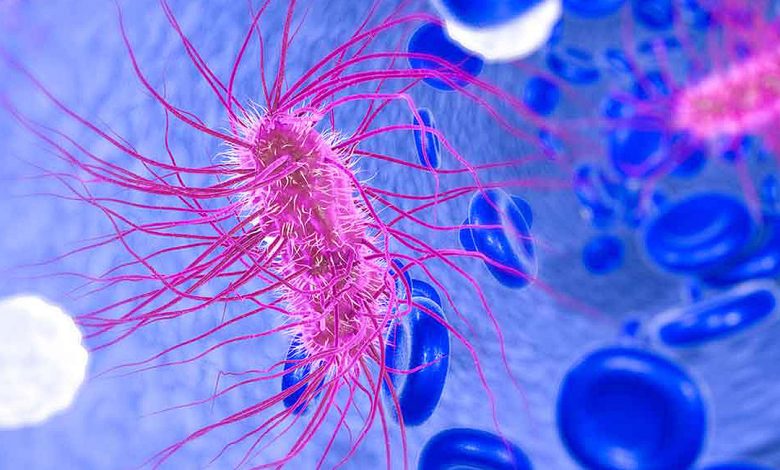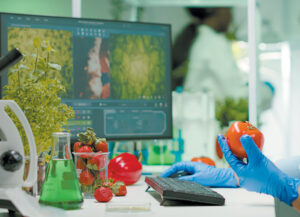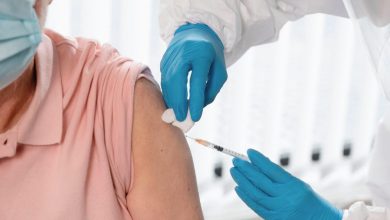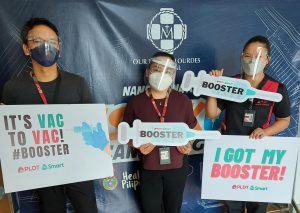Flavored with plastic

Escherichia coli or E. coli is a bacterium commonly found in the intestines of humans and other animals. In short, it is in all of us. It helps with digestion. But some strains of it can also make us sick, such as those that cause severe food poisoning. E. coli is also the same bacterium that can cause urinary tract infections.
Recent scientific research also show that E. coli can be mixed with discarded plastic bottles to create vanillin, which is used in vanilla flavoring. In an issue of online publication Freethink, it noted that E. coli now raises the possibility of old water bottles becoming ice cream flavoring in the near future.
In a Freethink article by Kristin Houser, she wrote that University of Edinburgh scientists have “engineered bacteria to convert plastic waste into vanillin.” She quoted the study’s first author Joanna Sadler as saying in a press statement that this was the “first example of using a biological system to upcycle plastic waste into a valuable industrial chemical,” and that this development “has very exciting implications for the circular economy.”
Houser noted that Polyethylene terephthalate (PET) is a type of plastic used to make water bottles, food containers, and other consumer goods. And that PET is one of the most recycled types of plastic waste. But the end result of that process is just more plastic products. But the Edinburgh scientists can now recycle used plastic into something else, rather than more plastic.
“Vanillin and a molecule derived from PET — terephthalic acid (TA) — have very similar chemical structures, so, for their study, published in the Royal Society of Chemistry (RSC) journal Green Chemistry, the Edinburgh scientists genetically engineered E. coli bacteria to be able to make the changes needed to convert TA into vanillin,” Houser wrote.
“All they had to do was mix together their engineered bacteria and TA and keep the temperature stable at about 98 degrees Fahrenheit. Within a day, the E. coli had converted 79% of the TA into vanillin,” she added. The next phase of the study is to determine if the resulting vanillin will be safe for human consumption, Houser said.
As I mentioned in previous columns, there are many scientific studies that point to the feasibility and viability of repurposing and making plastic waste productive and useful, and turning them into products other than plastic. Such efforts help keep plastic waste out of our oceans, and, at the same time, allow the more sustainable use of natural resources that plastic products replace.
One school of thought is that public policy should focus on keeping plastic waste out of the environment and accelerating the shift toward a more circular economy where valuable plastics are reused, again and again — to build a more efficient and sustainable world. So, solving the issue starts with having an effective solid waste management system and infrastructure.
The plastic industry is against the ban on single-use plastic, and the tax on plastic production. It believes that banning single-use plastics will just result in the production of substitute materials, which may be even more harmful to the environment. And the tax on plastic bags is regressive, as it affects low-income groups the most. Combined, these two policies can lead to food loss and food wastage, and product safety issues.
I don’t entirely agree with the industry on this, but I support its call for more effective solid waste management. I also support the industry position that plastic waste regulation should be based on sound policymaking and science; should involve all stakeholders in the decision making; and, should accelerate the transition to a circular economy. What we need is a wholistic approach to the issue.
The plastic industry recommendations include plugging holes in the segregation and collection stage so that valuable plastic resources are captured and do not end in landfills or in the environment; mandate the practice of the universally accepted principles of reduce, reuse and recycle; set a national standard to require the use of more recycled content in packaging without compromising on safety; incentivize investments and stimulate the market for recycled products, including welcoming the latest advancements and breakthroughs in the areas of chemical recycling and waste-to-energy; invest in research and technology to foster innovations in product redesign; exert accountability from the private sector through an extended producer responsibility framework; tap the energy, knowledge and expertise of the academe and the scientific community; and, benchmark against best-in-class solid waste management models overseas.
There are several points to consider here. One is the argument that plastic packaging uses only half of cumulative energy demand compared to substitute materials. Also, substitute packaging uses almost six times more water to produce compared to plastic packaging. And substitute packaging will not necessarily address the production of solid waste.
As for the ban on single-use plastic, the present definition of plastic products to be banned appear to include disposable anti-COVID face masks made from polypropylene materials; and disposable blister packs made from thermoformed plastics that are used for packaging medicines. Meantime, a tax on plastic will raise the price of packaging materials, which will impact consumer prices as well.
There are many points to consider in this debate, and one hopes that all sides can be heard. I truly believe we need to rethink how we deal with plastic, and consider options in light of modern science and technology. We need to find a balance between protecting the environment and growing the economy. But while industry and consumers, can find ways to recycle plastic, the initiative towards a greener future still depends heavily on the government setting realistic and practical policies and regulations for plastic production, use, reuse, and recycling.
Marvin Tort is a former managing editor of BusinessWorld, and a former chairman of the Philippine Press Council




